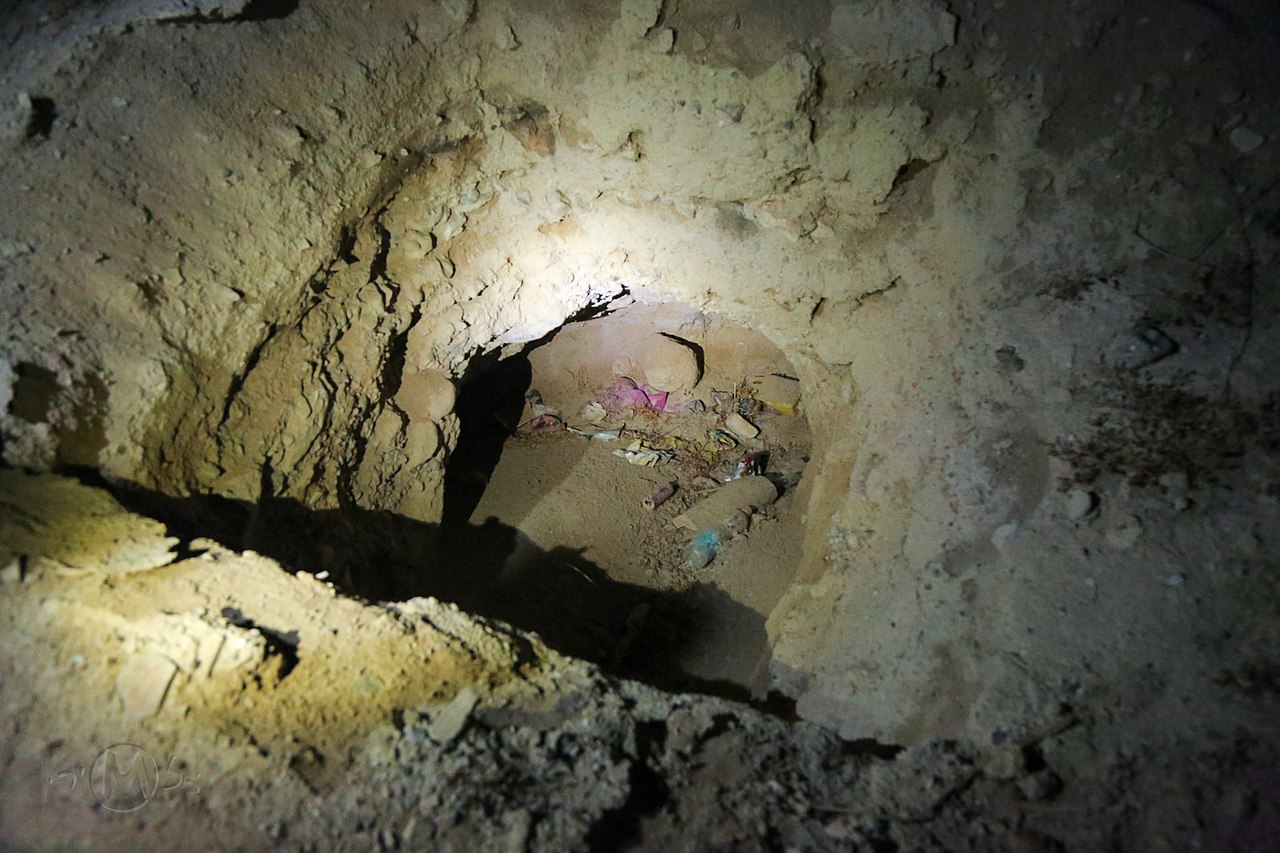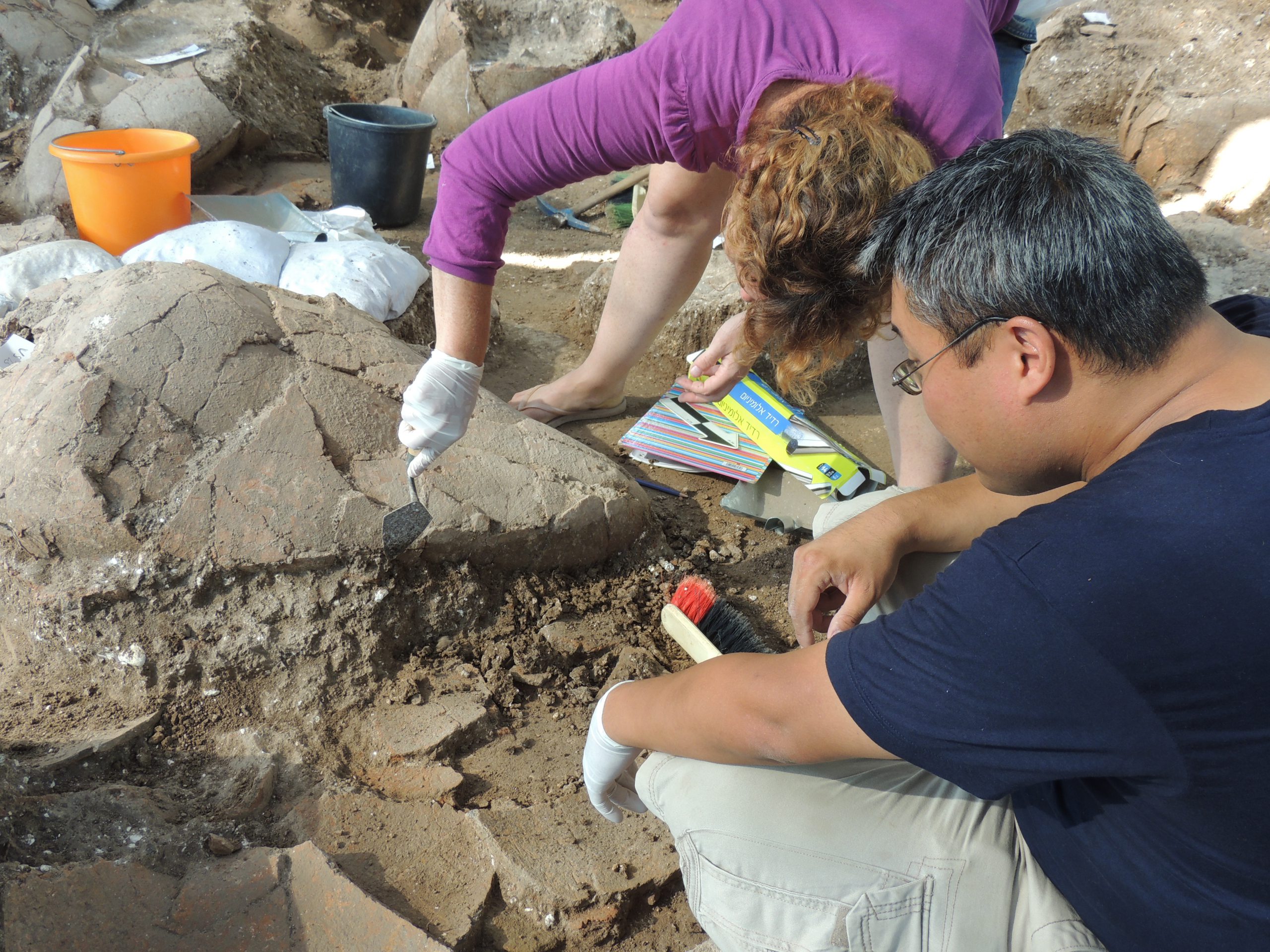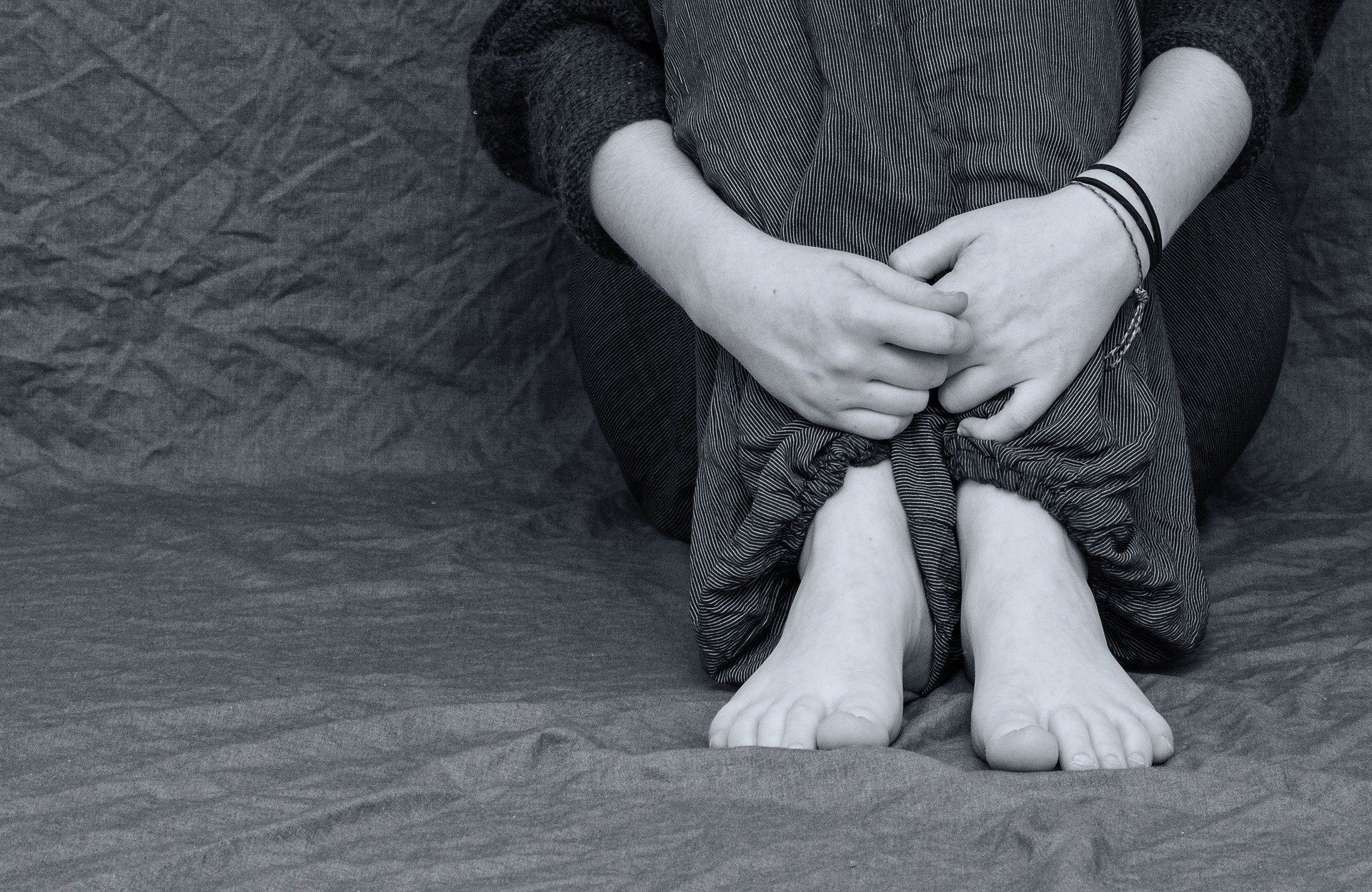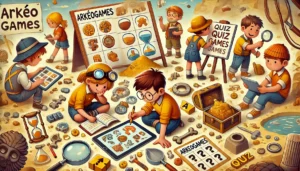“Amateur” may sound like a derogatory term, as it is generally associated with a lack of know-how. As a result, amateur scientists are often unfairly sidelined within the world of archaeological research, being held in low esteem or disdained. However, they play a key role and can make important discoveries. Let’s investigate who they are and why they should not be overlooked but instead included within the archaeological community.
Why is archaeology not restricted to experts in the field?
Many professional archaeologists fight for amateur scientists to be recognized for their worth. But who exactly are these amateur scientists? Defined by the iconologist and archaeologist Jean-Olivier Gransard-Desmond (1), the title “amateur scientist” designates a person who regularly performs volunteer work in a scientific discipline without relevant specialized training. Regardless of the field, they require proper management. Because amateur scientists have not received specialized training, there is no guarantee as to the quality of their work, although it is not necessarily lacking. “Their motivation and availability represent considerable assets to professionals,” notes Dr. Gransard-Desmond. Cooperation is therefore necessary to erase these lingering biases. “Today’s archaeology depends exclusively on the work completed by amateurs,” argues Érik Gonthier, a professional archaeologist and associate professor at the National Museum of Natural History (Muséum National d’Histoire Naturelle). “It’s a pleasure to interact with them; they can really add value.” |
|
Working to build a career
 An amateur can only become a connoisseur and find a paid research job by gaining fieldwork experience. For example, every year there are many excavations open to all types of profiles. This can be the occasion to acquire invaluable knowledge and specialist techniques, and to immerse oneself in archaeological research, in order to successfully achieve professional status one day. “In the beginning, [amateur scientists] talk about rocks and stones,” says Érik Gonthier. “Then, as the years go by, the appropriate terminology and the correct syntax fall into place. So over time, their speech shifts from that of an amateur to that of an experienced professional.”
An amateur can only become a connoisseur and find a paid research job by gaining fieldwork experience. For example, every year there are many excavations open to all types of profiles. This can be the occasion to acquire invaluable knowledge and specialist techniques, and to immerse oneself in archaeological research, in order to successfully achieve professional status one day. “In the beginning, [amateur scientists] talk about rocks and stones,” says Érik Gonthier. “Then, as the years go by, the appropriate terminology and the correct syntax fall into place. So over time, their speech shifts from that of an amateur to that of an experienced professional.”
As a result, it is not unusual to encounter diverse profiles during excavations, making them cosmopolitan spaces. We get a front-row seat to the evolution and maturing of these amateur scientists, who are improving themselves from one year to the next.
Necessary tasks and support
 Studying archaeology is therefore not a prerequisite for participation in excavations: the profiles are diverse and what really matters is passion and attentiveness. “Once in the field, their skills sometimes prove superior to those of archaeology graduates,” notes Marie-Élise Gardel, a retired professional archaeologist. “It’s all a question of finesse, seeing who can do what.” There are many potential tasks, ranging from posing research questions to publishing articles and including surveying, helping with equipment inventories, clearing sectors and performing functional analysis of archaeological remains. Each person must carve out their own niche according to their capacities, and they must do so diplomatically so as to help effectively or make a quality contribution to archaeological research. Although anyone may apply for excavations, recruitment generally entails the evaluation of résumés to assess the candidate’s motivation and aptitude. “They bring their good cheer and an outsider’s perspective on archaeology, which makes it a rewarding experience,” adds Marie-Élise Gardel. “[Amateur] excavators have given me so much, and I am still friends with some.” For other activities besides excavations, interacting with professional or volunteer archaeologists is what allows them to course-correct and make progress. Not being an official part of the team does not mean isolation for an amateur scientist who wants to do quality work.
Studying archaeology is therefore not a prerequisite for participation in excavations: the profiles are diverse and what really matters is passion and attentiveness. “Once in the field, their skills sometimes prove superior to those of archaeology graduates,” notes Marie-Élise Gardel, a retired professional archaeologist. “It’s all a question of finesse, seeing who can do what.” There are many potential tasks, ranging from posing research questions to publishing articles and including surveying, helping with equipment inventories, clearing sectors and performing functional analysis of archaeological remains. Each person must carve out their own niche according to their capacities, and they must do so diplomatically so as to help effectively or make a quality contribution to archaeological research. Although anyone may apply for excavations, recruitment generally entails the evaluation of résumés to assess the candidate’s motivation and aptitude. “They bring their good cheer and an outsider’s perspective on archaeology, which makes it a rewarding experience,” adds Marie-Élise Gardel. “[Amateur] excavators have given me so much, and I am still friends with some.” For other activities besides excavations, interacting with professional or volunteer archaeologists is what allows them to course-correct and make progress. Not being an official part of the team does not mean isolation for an amateur scientist who wants to do quality work.
In other words, many professional archaeologists stress the importance of amateur scientists. Keeping in mind the origins of research, they feel that the work is humanized by the presence of amateurs, who also contribute to the popularization of this career.
ArkeoTopia participates in connecting experts and amateurs through three of its pillars. The association trains those who aspire to become professionals or who wish to hone their skills with its training activities for archaeological research. Through its supporting actions and by lobbying for archaeological research, ArkeoTopia does its part to acknowledge the contributions of amateur scientists so as to integrate them as best as possible and so archaeological research may benefit from these contributions. ArkeoTopia’s approach shows the importance of structures enabling amateur scientists to feel recognized and capable of contributing to archaeological research.
A key role in fighting vandalism and pillaging
 The daily risk of sites being disturbed, whether intentionally or unintentionally, remains high. The role of amateurs is even more unclear with regards to the issue of vandalism. Jean-David Desforges, a professional archaeologist and president of the HAPPAH association to combat pillaging, who regularly meets amateur scientists, explains, “Amateurs, being neither government officers nor sworn officials, and therefore without administrative tools in their hands with which to fight back, have long been a favorite target of pirates who are less frightened of them than of professionals.” In other words, an excavation work site run by an amateur scientist would have an increased probability of thefts and violations. “In the case of an amateur scientist, who has no institutional status but has been authorized to excavate, pillagers are well aware that the response time will be slower and the response itself less coherent,” explains the president of HAPPAH. The response time is indeed slower than for professional archaeologists, if the professional archaeologists managing the area judge the site to be of lesser interest and sure to yield reports and results with little scientific content. Mr. Desforges deplores this attitude. “From my point of view of anti-pillaging measures, the network of these researchers is the best defense against pillaging. Their activities produce an atmosphere favorable to heritage.”
The daily risk of sites being disturbed, whether intentionally or unintentionally, remains high. The role of amateurs is even more unclear with regards to the issue of vandalism. Jean-David Desforges, a professional archaeologist and president of the HAPPAH association to combat pillaging, who regularly meets amateur scientists, explains, “Amateurs, being neither government officers nor sworn officials, and therefore without administrative tools in their hands with which to fight back, have long been a favorite target of pirates who are less frightened of them than of professionals.” In other words, an excavation work site run by an amateur scientist would have an increased probability of thefts and violations. “In the case of an amateur scientist, who has no institutional status but has been authorized to excavate, pillagers are well aware that the response time will be slower and the response itself less coherent,” explains the president of HAPPAH. The response time is indeed slower than for professional archaeologists, if the professional archaeologists managing the area judge the site to be of lesser interest and sure to yield reports and results with little scientific content. Mr. Desforges deplores this attitude. “From my point of view of anti-pillaging measures, the network of these researchers is the best defense against pillaging. Their activities produce an atmosphere favorable to heritage.”
Their field experience and their presence can indeed prove effective in discouraging pillagers. At first glance, amateur scientists may seem more vulnerable, but they are generally motivated and have time to spare, making them a formidable defensive force.
Supervising activities to avoid accidents
 It is a misconception that the presence of amateur scientists on archaeological sites would lead to increased risks or disastrous mistakes. “The most important thing for a scheduled excavation is that the amateurs be very well-supervised,” advises Marie-Élise Gardel. “Accidents are extremely infrequent. Everything rests on support and supervision.” To best avoid risks, considerable resources are put into place to ensure their know-how and/or their good intentions. If they have trouble completing a task, they are simply reoriented towards an activity compatible with their abilities. “There are many possibilities: completing scientific files to prepare for authorizations, inspecting and verifying in the field, receiving operations reports and archaeological materials,” confirms Jean-David Desforges. “We do not assign tasks that surpass the authorized person’s capabilities.”
It is a misconception that the presence of amateur scientists on archaeological sites would lead to increased risks or disastrous mistakes. “The most important thing for a scheduled excavation is that the amateurs be very well-supervised,” advises Marie-Élise Gardel. “Accidents are extremely infrequent. Everything rests on support and supervision.” To best avoid risks, considerable resources are put into place to ensure their know-how and/or their good intentions. If they have trouble completing a task, they are simply reoriented towards an activity compatible with their abilities. “There are many possibilities: completing scientific files to prepare for authorizations, inspecting and verifying in the field, receiving operations reports and archaeological materials,” confirms Jean-David Desforges. “We do not assign tasks that surpass the authorized person’s capabilities.”
Support is therefore essential to the successful completion of a task by an amateur scientist. Although they may sometimes work autonomously or even alone, it is nevertheless beneficial for archaeology when they join forces with professionals to produce more relevant and quality work.
Lingering discrimination towards amateur scientists
 This observation is nothing new. In 1981, a symposium brought attention to the importance of amateur scientists, and André Forestier echoed this point in 1985 with his appeal to non-professionals. Since then, various archaeologists have highlighted their role and, like ArkeoTopia, called to repair relations between amateur scientists and professional archaeologists.
This observation is nothing new. In 1981, a symposium brought attention to the importance of amateur scientists, and André Forestier echoed this point in 1985 with his appeal to non-professionals. Since then, various archaeologists have highlighted their role and, like ArkeoTopia, called to repair relations between amateur scientists and professional archaeologists.
“Amateur scientists must be respected,” advises Mrs. Gardel. Despite their crucial contributions to archaeology, they are still highly stigmatized by professionals. Érik Gonthier also warns that amateur scientists may disappear due to “discriminatory [behavior] towards these fine people.” He adds, “Everyone is entitled to express themselves, to learn. Professional researchers are not unchallengeable in the field.” Amateur scientists are all too often denigrated, subjected to labels from the stereotypes associated with their activities. As Érik Gonthier goes on to explain, this discrimination sometimes even goes as far as crossing an ethical line, when professionals refuse to acknowledge discoveries made by amateur scientists. “Attempting to silence people who made important discoveries to claim the credit for oneself is not the way to encourage them to make our jobs easier. This type of situation damages the reputation of professional archaeologists,” laments the associate professor at the National Museum of Natural History.
Beyond generating frustration, this type of behavior opens archaeological research up to injurious acts when it needs to grow its community and also gather more and more quality data.
Conclusion
A form of recognition, such as their own status, would be an excellent tool to keep amateur scientists motivated all while ensuring the quality of their work. Not only would this make it possible for them to continue contributing to archaeology, but it would also reassure the professional archaeologists who are still wary of them. Any such recognition would only represent the first step towards other non-professional participants, who are just as important and already trained: volunteer archaeologists.
Sources
Article based on interviews with Érik Gonthier, Jean-David Desforges, Marie-Élise Gardel and Jean-Olivier Gransard-Desmond.
- Forestier A., « Appel aux non-professionnels », Nouvelles de l’Archéologie 21/1, 1985, p. 13‑14.
- Gransard-Desmond J.-O. « Professionnels, bénévoles, amateurs et citoyens : des acteurs de la recherche pour quels apports ? ». Revue canadienne de bioéthique / Canadian Journal of Bioethics 2/3, 2019, p. 166‑193.
- Gransard-Desmond J.-O. et Houdin J.-P. “Professionals, volunteers and hobbyists in archaeology”. Recording of the statement during the Archéo-éthique symposium on May 26, 2018 in Paris, July 1, 2018.
- Gransard-Desmond J.-O. « Professionnels et amateurs, des liens à reconstruire », ArkéoTopia – Une autre voie pour l’archéologie [En ligne], 2011.
- Les Nouvelles de l’archéologie, Numéro spécial n°1, octobre 1981. Colloque National sur la Recherche et la Technologie. Assises Régionales.
- Anne Radigue. “Experience: amateur on an archaeological excavation“, ArkéoTopia – Une autre voie pour l’archéologie [Online], 2021.
Further reading
- A list is provided by the Ministry of Culture to sign up to volunteer on an excavation site, with the contact information of the worksite managers.
- ArkeoTopia’s additional recommendations for contributing to archaeological research:
- Check out our Enthusiasts page to learn how to participate without being trained in archaeology
- Learn how to support archaeological research without being an archaeologist
- Discover program open to non-professionals
- Justine Janpaule. « Spécialiste malgré moi. Entretien avec Jacques Dassié », ArkeoTopia, an alternative approach to archaeology, 2020. Discover Jacques Dassié’s unusual journey from amateur scientist to renowned volunteer archaeologist.
![]() Gransard-Desmond J.-O. « Professionnels, bénévoles, amateurs et citoyens : des acteurs de la recherche pour quels apports ? », Revue canadienne de bioéthique 2/3, 2019, p. 167.
Gransard-Desmond J.-O. « Professionnels, bénévoles, amateurs et citoyens : des acteurs de la recherche pour quels apports ? », Revue canadienne de bioéthique 2/3, 2019, p. 167.
ArkeoTopia, an alternative approach to archaeology® aim is to give another perspective to archaeology today non-in order to better help existing bodies prepare that of tomorrow. To know more about the association, watch our institutional video and our actions. Any question contact us thanks our form.



